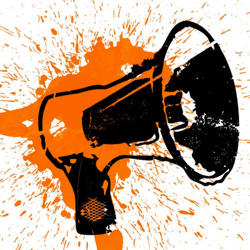Have you ever wondered how loud your audio productions should be? So have we, because it's a quite tricky question to answer!
On the one hand, you want to make sure your productions are loud enough. For example, they should still appear at a reasonable level in noisy environments (car, airplane, etc.), and their loudness should be comparable to that of other programs, no matter whether those are produced by yourself or by others.
On the other hand, you certainly don't want to compromise sound quality for sheer loudness. We have discussed in Audio loudness measurement and normalization with ...




